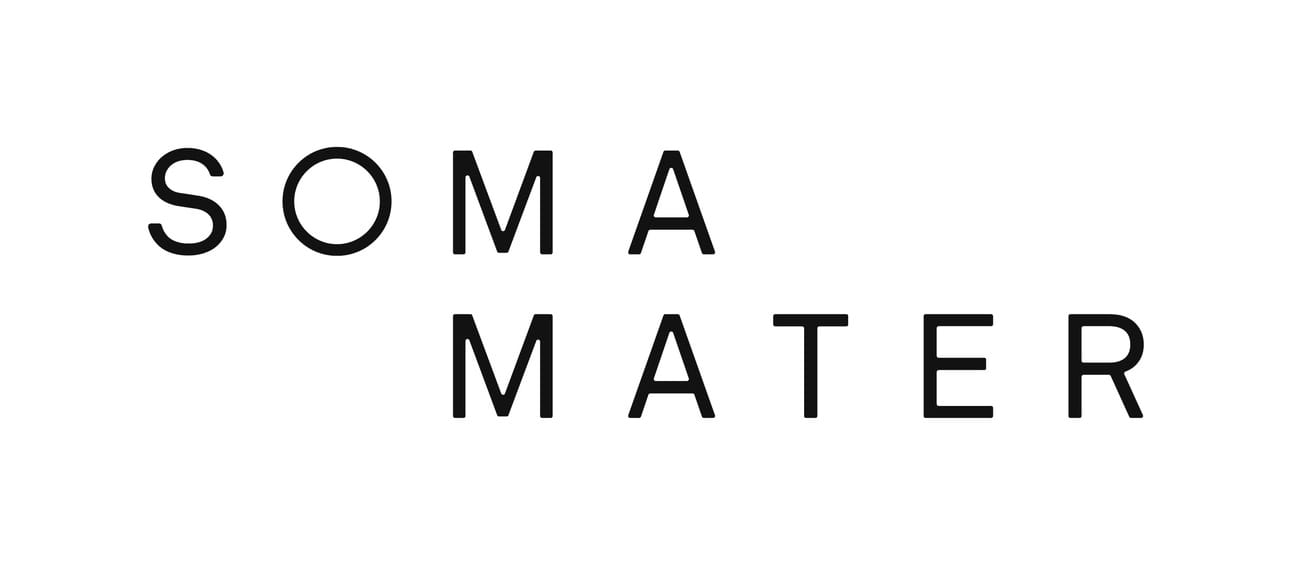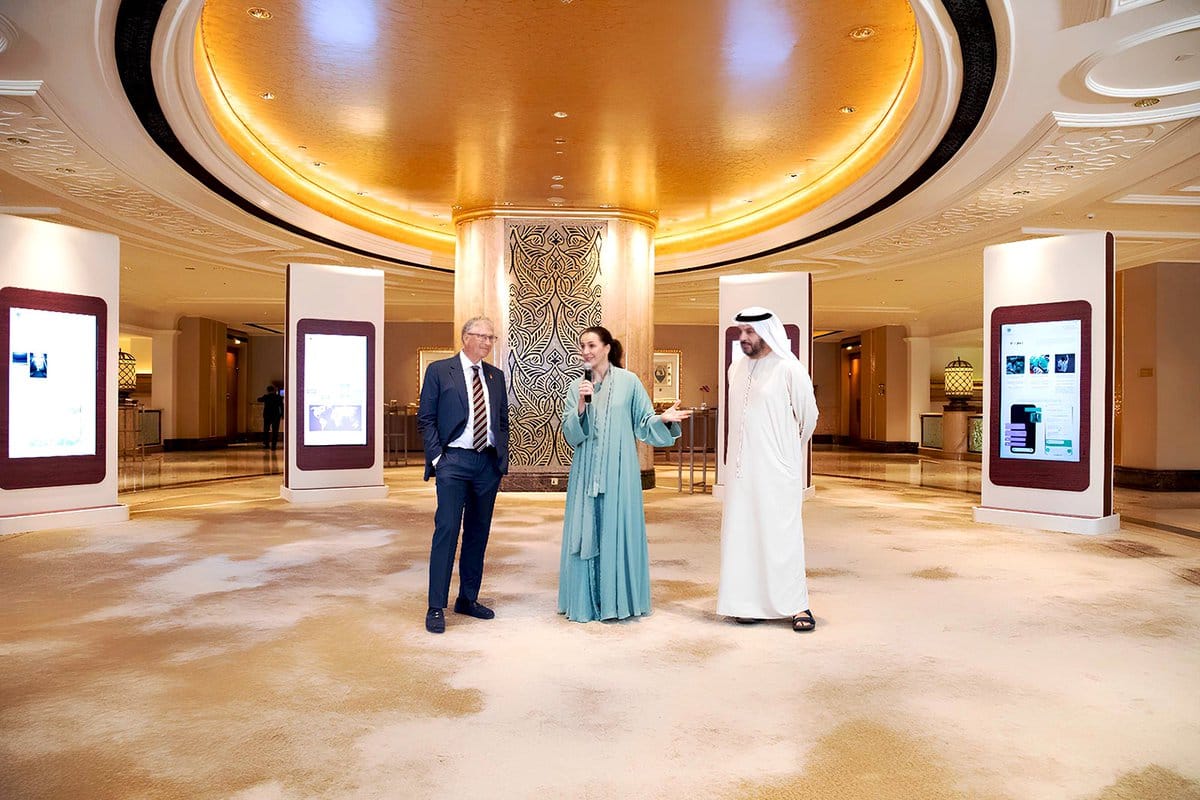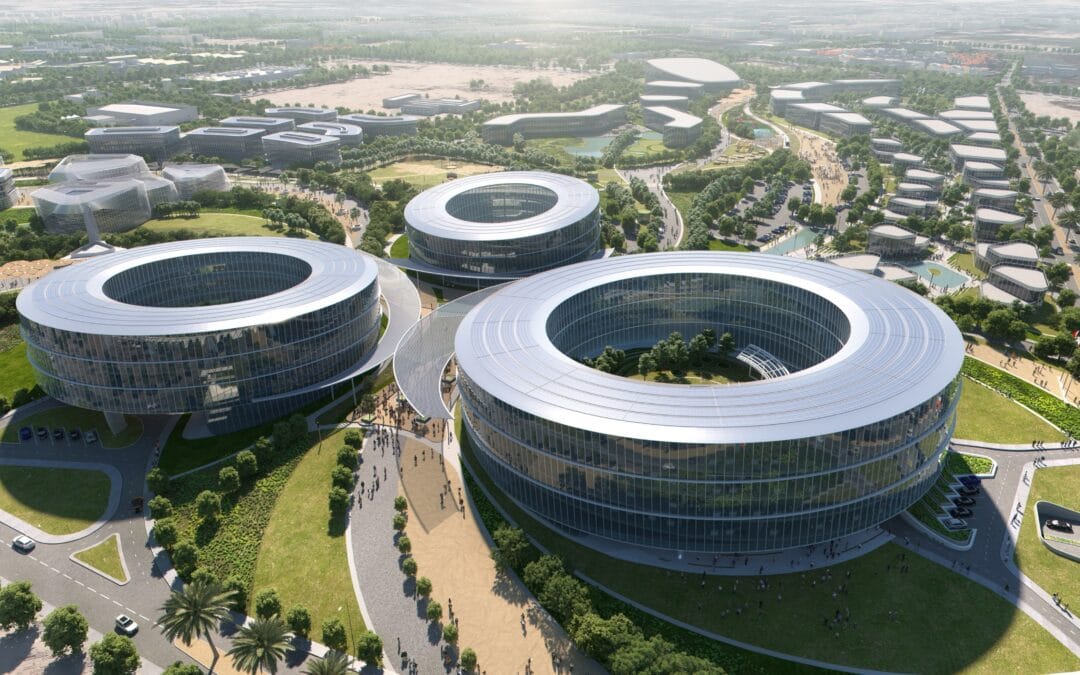- Soma Mater's Newsletter
- Posts
- SOMA Newsletter
SOMA Newsletter

Welcome to the SOMA MATER weekly newsletter.
At SOMA MATER, we specialize in delivering comprehensive research and advisory services with a focus on Food & Water Security and Net Zero Transition in the MENA Region. In order to support our subscribing clients in navigating these topics and understanding the regional narrative, we produce monthly Food and Water Security and Net Zero Transition Intelligence Reports, along with our in-depth analysis and insights.
This weekly newsletter highlights the top 3 stories from the past week in Food and Water Security and Net Zero transition, along with SOMA MATER's analysis and perspective.
What are the key innovative projects discussed in the recent build-on of the UAE-Gates Foundation partnership?
How is the UAE addressing its sustainability talent needs and what specific initiatives are being implemented to develop local expertise in this sector?
What is significant about Beyon's recent renewable energy initiative in Bahrain?
Sustainably yours,
The SOMA team
Gates & Dates: UAE's $200M Partnership Bringing AI to the Farm
#NetZero #FoodandWaterSecurity

At COP28, a US$200 million joint investment was announced between the Gates Foundation and the UAE. The partnership aimed to target agricultural innovation, specifically using AI and technology to protect food systems from climate change impacts. This month, H.E. Mariam Almheiri and Bill Gates met to build on this partnership and explore the future of agricultural technology. 4 key innovative projects funded by the partnership were outlined.
The first is the CGIAR AI Hub and AgrilLLM project to explore the use of AI language models to help small farmers get agricultural advice. The project builds on the Falcon language model, which was created by Abu Dhabi's Technology Innovation Institute. It is an open-source tool that turns complex farming knowledge into clear, practical guidance. Second, is the International Red Palm Weevil Consortium, bringing together stakeholders to tackle the impact of the Red Palm Weevil on palm trees globally. It currently affects 35 million trees worldwide. In Abu Dhabi alone, over 2 million palms have been treated this year for infestations.
Third, is the technical assistance initiative. The establishment of the Future Food Systems program will help countries create key analysis reports. This will include an Agrifood System Diagnostic, an Economywide Risk Profile, a Climate-Agriculture Assessment, and a Mitigation-Adaptation Report. Fourth, the AIM for Scale Weather & AI-based Weather Forecasting focuses on practical, affordable solutions for farmers in low and middle-income countries through the development of an Innovation Package.
SOMA’s Perspective:
The partnership with the Gates Foundation represents a shift in how the region is approaching agricultural challenges, moving towards AI-powered solutions. The use of technologies like the Falcon language model showcases how locally developed AI solutions can have global applications. Continuing its push on AI integration into national challenges and the UAE continues to position itself as a leader in food security solutions for arid regions.
Sources:
Growing Green Talent: UAE's Sustainable Staffing Spree
#NetZeroTransition

The UAE's growing commitment to sustainability has created a significant demand for specialized talent in the Environmental, Social, and Governance (ESG) sectors. In response to this need, EcoProfessions, an AI-powered sustainability recruitment agency, is expanding into the UAE market. Their platform uses data-driven insights to connect organizations with sustainability professionals while eliminating hiring biases. With over 60% of UAE companies prioritizing ESG initiatives, there is growing pressure to meet sustainability targets.
Other major industry players are also taking initiative to meet this demand. Schneider Electric and DP World have formed a strategic partnership focused on developing Emirati youth talent in sustainability technologies. It will include programs like the 'Experience Exchange' and 'Future Sustainability Leaders' initiatives, designed to enhance knowledge sharing and upskill Emirati youth in sustainability and digital technologies.
These developments reflect the UAE's effort of becoming a global leader in sustainable innovation. By investing in its local talent development rather than relying solely on international recruitment, the country is building its foundation of expertise to address local environmental and social challenges.
SOMA’s Perspective:
During the 1970s oil boom, the UAE relied heavily on the international workforce. Today, in the face of an emerging sustainability industry, the UAE is empowering its own local population to lead. Building local expertise and developing national talent across MENA's sustainability sectors is a priority. With the many sustainability initiatives in the last decade, the UAE has built a growing workforce from students to professionals with sustainability credentials, however the demand continues to outrun supply of these specialists.
Sources:
Above and “Beyon”: Bahrain’s Off-Grid Mobile Marvel
#NetZeroTransition

Beyon, Bahrain's leading telecom and technology group through its telecommunications arm Batelco, has launched the region's first off-grid mobile site powered entirely by renewable solar and wind energy. The site operates independently of traditional energy sources, resulting in an annual reduction of 280 tonnes of carbon emissions and conserving 400 MWh of energy per site, while ensuring zero noise pollution.
The project demonstrates Beyon's actionable commitment to sustainability, showcasing how new technology can protect the environment while maintaining operational efficiency. Following this success, Batelco plans to expand its renewable energy initiatives to mobile sites across Bahrain.
This development is part of a broader energy transition taking place in the MENA region, despite still lagging behind its global peers in this field. The region has set ambitious energy investment and diversification plans, with installed renewable energy capacity reaching 780.1MW in 2021. Yet, current levels remain below targeted goals, indicating room for growth in the sector. Saudi Arabia, the UAE, Morocco, Oman, Egypt, Israel and Jordan are expected to account for over 90% of the region’s growth in renewables capacity.
SOMA’s Perspective:
This announcement is another materialization of the region’s transition journey, as we witness the transformation of the region's sustainability landscape. While the region still lags behind global benchmarks in renewable energy adoption, these developments demonstrate that progress is being made.
Source:
https://www.irena.org/How-we-work/Middle-East-and-North-Africa#:~:text=More rapid progress is expected,53%25 in the power sector.
SOMA MATER is writing Intelligence Reports on the topics of Food and Water Security and Net Zero Transition. If you’d like to know more, contact us through the link below: